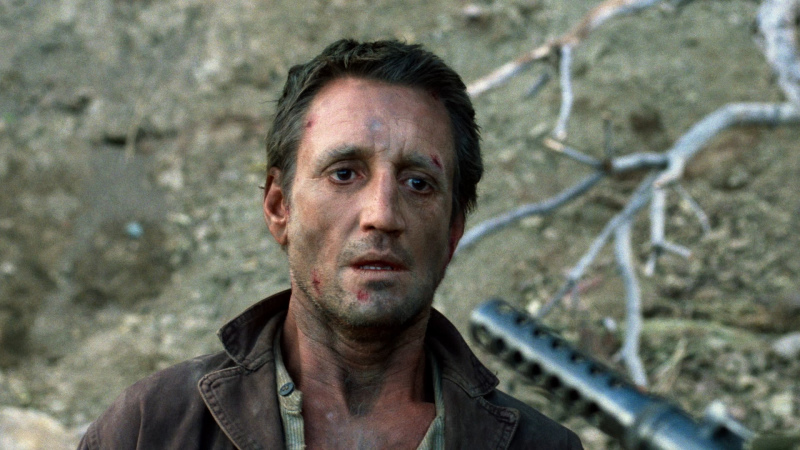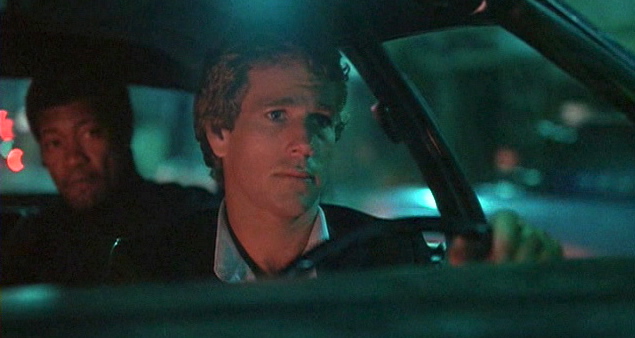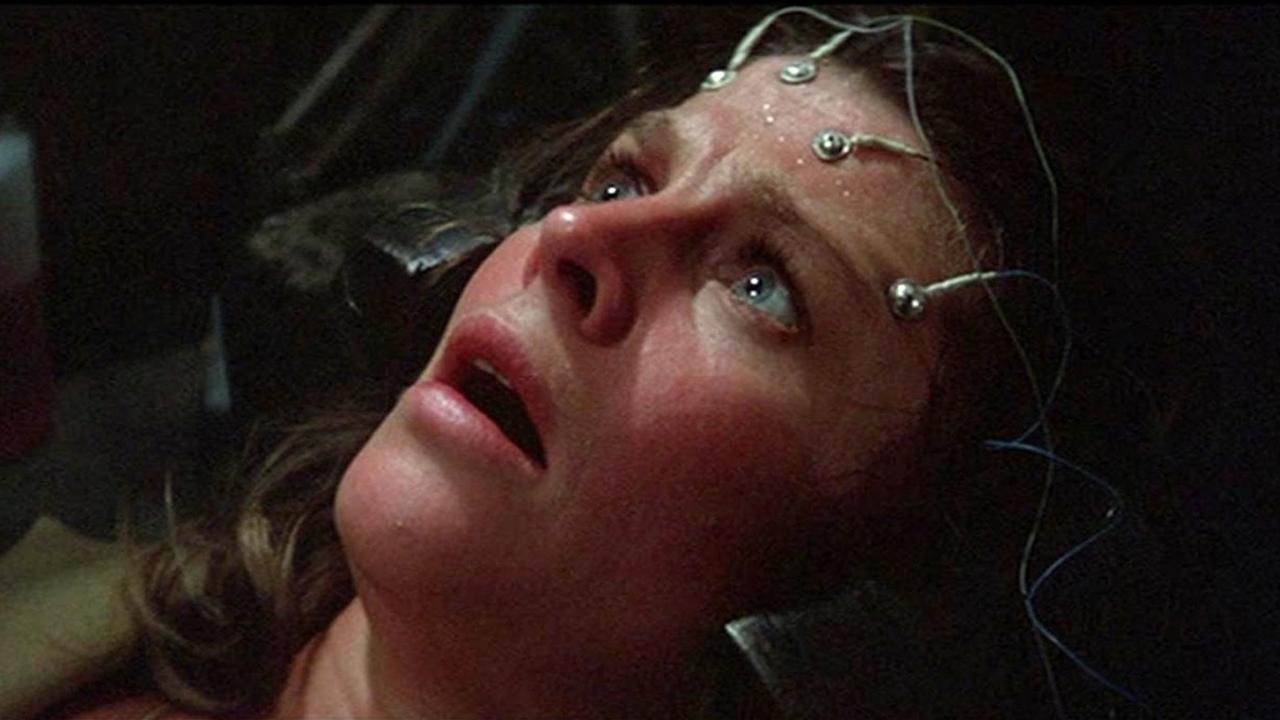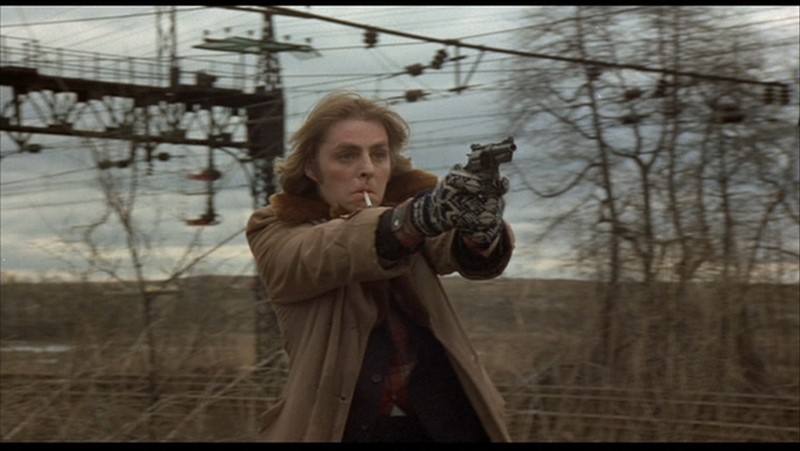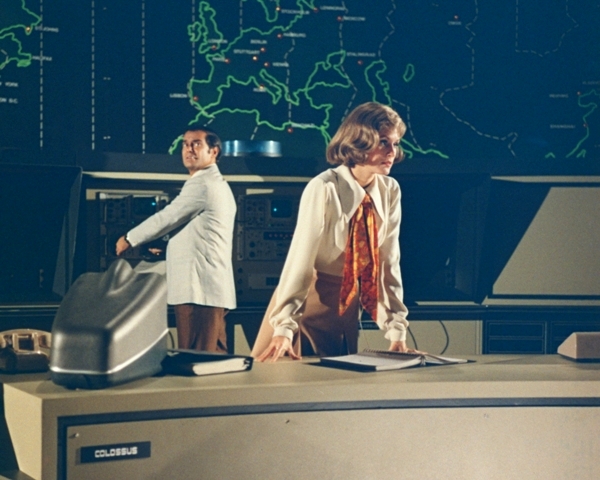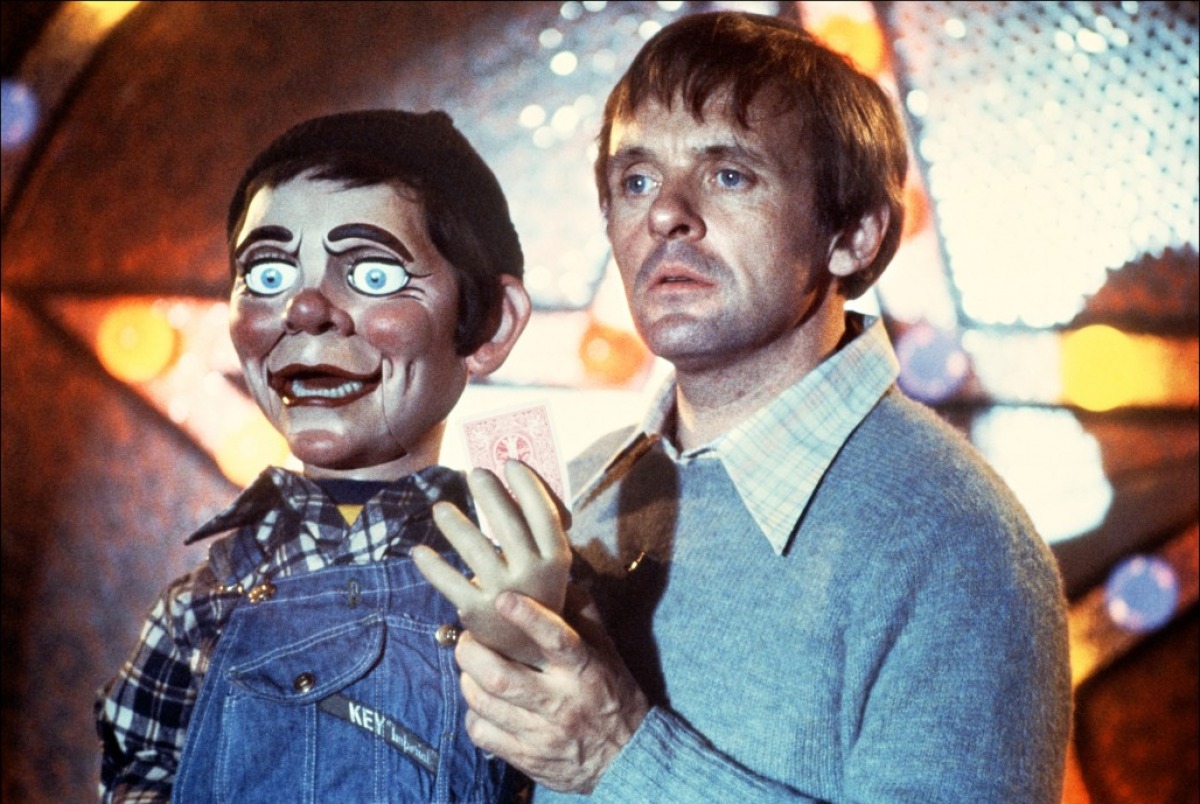It can strongly be argued that the 1970s was the decade when Hollywood fully did-away with traditional movie-making conventions. Once-radical films of the 60s, such as Easy Rider, Bonnie and Clyde, Rosemary’s Baby and The Wild Bunch, paved the way for a new generation of writers, producers and directors to creatively flourish, no longer bound by long-held genre conventions.
Science fiction tales became more pessimistic and westerns became more realistically violent. Even the few epics being made at the time, such as The Godfather, were ultimately tragic and extraordinarily dark. With the Vietnam War coming to an agonizing end and Watergate instilling an overall distrust in authority, Hollywood knew well-enough to capitalize on the public’s newly found cynicism with a plethora of thrillers which made Hitchcock look like Walt Disney.
Such classics as The French Connection, The Conversation, All the President’s Men and Three Days of the Condor further defied tradition with unconventional heroes and unprecedented pessimism, instilling the audience with the sinking feeling that things don’t always turn out hunky-dory.
Even more mainstream thrillers like Black Sunday and The Taking of Pelham One Two Three were darker and more cynical than those of the previous decade, as were many other films one may not normally associate with the genre, but contain the same conventions.
It was truly the golden age of the modern thriller as we‘ve come to know it, a decade which has more than its share of classics, as well as some which have fallen by the wayside, forgotten by all but their most ardent fans. The following is a list of some of the less heralded films of that era.
A few have since developed cult followings, while others are still seldom mentioned in any meaningful conversations of 70’s-era thrillers. The overall quality of these movies vary, but all of them are deserving of discovery (or rediscovery) for anyone curious about Hollywood’s most interesting decade.
10. The Driver (1978)
During his long career, Walter Hill directed a couple of modern classics (The Warriors, 48hrs) as well as a plethora of junk. In between are some overlooked, underappreciated gems, such as The Driver, arguably his most artistic achievement. A combination of kinetic action, narrative minimalism and homage to film noir, Hill provides a perfect argument that style is sometimes more important than substance (much like The Warriors).
What little story there is, a brash cop obsessed with nailing a nomadic getaway driver, takes a backseat to the film’s imagery, expertly-choreographed car chases and characters who serve more as symbols than flesh-and-blood human beings.
In fact, none of them are even given names; Ryan O’Neal is simply billed as “The Driver,” Bruce Dern as “The Detective,” etc. More impressively, Hill also manages to accomplish something once considered impossible: actually making O’Neal appear cool (a pretty amazing feat when one considers the role was originally intended for Steve McQueen).
Like the greatest modern anti-heroes, The Driver himself says very little throughout the film, nor does he need to. One can’t help but assume this character was a considerable influence on subsequent movie mavericks who let their wheels do the talking, like Max Rockatansky and Ryan Gosling’s character in Drive (who, coincidentally, is never named either).
9. Demon Seed (1977)
Susan (Julie Christie) is the estranged wife of Dr. Harris, a computer genius who has designed a super-computer, Proteus IV, which thinks faster and more logically than the human brain. So smart is Proteus that, not only does it immediately question many of the tasks assigned by its creators, it comes up with a plan to free itself from the confines of its circuitry by producing a human child of its own who would possess the same knowledge and power.
Proteus traps Susan in her computer-controlled home in order to impregnate her, and killing any outsiders posing a threat to their consummation.
One of the stranger thrillers of the decade, Demon Seed isn’t quite as lurid or ridiculous as the premise suggests, though still fairly provocative for the time. The influence of Kubrick’s 2001: A Space Odyssey is pretty obvious…from the hallucinatory ‘conception’ montage down to human characters whose personalities pale next its computer antagonist. Speaking of which, Proteus (chillingly voiced by Robert Vaughn) is a truly sinister creation, coldly logical, yet strangely lecherous in its agenda.
Though far from perfect, Demon Seed manages to make its wild premise seem plausible, aided considerably by a solid performance from Christie, onscreen all by herself throughout most of the film. A definite product of the 70s, much of the technology and visual effects will seem archaic (even silly) to modern audiences, but the story itself is suspenseful, occasionally disturbing and nothing even close to the erotic supernatural horror teased in the original ad campaign.
8. The Seven-Ups (1973)
When it comes to thrilling car chase sequences, Bullitt set the standard in 1968, which was arguably surpassed by 1971’s The French Connection (using a less-sexy Pontiac LeMans, no less). To this day, these scenes are still considered iconic and much of the credit can be attributed to Philip D’Antoni, who produced both films.
When he finally decided to step behind the camera as a full-fledged director for 1973’s The Seven-Ups, no one was surprised that a prolonged chase scene would be its centerpiece. As such, the film doesn’t disappoint.
The film itself is considered by some to be an unofficial spin-off of The French Connection, since it’s stylistically similar and stars Roy Scheider in a role not unlike ‘Cloudy’ Russo. D’Antoni also employs Bill Hickman, the primary stunt driver/coordinator from both Bullitt and The French Connection, resulting in what is easily the greatest chase sequence nobody currently ever talks about.
The story itself, involving a renegade squad of cops whose brash methods of law enforcement are key in stopping a rash of kidnappings, is almost perfunctory (though still pretty interesting). Scheider himself, always a great character actor, delivers a suitably intense performance, even if not required to do much more than play yet-another grizzled New York cop. Still, the extended car chase is jaw-dropping, even by today’s standards, and easily worthy of mention among the greatest of all time.
7. Colossus: The Forbin Project (1970)
Eric Braeden (best-known for The Young and the Restless) is Charles Forbin, the mastermind behind Colossus, a super-computer put in charge of America’s defenses, thus eliminating any real thinking by the powers-that-be. Unfortunately, after Colossus discovers the existence of Guardian, a similar system developed by the Russians at the same time, both computers logically decide the best way to avoid global war is to enslave the entire human race, threatening annihilation if they do not obey.
But unlike the HAL 9000 in 2001: A Space Odyssey, these computers are not malfunctioning. Colossus is performing exactly as programmed. The terrible acts perpetrated on humanity by these systems are based on pure, pre-programmed logic. In other words, we have demanded a deterrent to nuclear war, but opened a Pandora’s box because, as a species, it’s we who are the problem.
Colossus: The Forbin Project is seldom mentioned among the great sci-fi films of the 70s, but could end up being the most prophetic. While our technology isn’t likely to turn against us and destroy the world, the computers in this film didn’t turn against us either. They did exactly what they were told, which may be even scarier.
The fact that we don’t like the solution is redundant. Colossus is not the real villain in this film. We are, as embodied by Charles Forbin. He arrogantly believes, by eliminating the human element, his technology will ultimately save the world. Instead, he has doomed it by taking our own fate out of our hands.
6. Magic (1978)
Years before he made Hannibal Lecter a household name, Anthony Hopkins played a psycho of a different sort. In Magic, Hopkins is Corky Withers, an emotionally insecure magician whose career is going nowhere until he incorporates a foul-mouthed ventriloquist dummy, Fats, into his act. As Withers’ fame grows, Fats becomes the dominant personality of the team, both on and off stage.
Though promoted as a horror film, Magic is a moody psychological thriller which only occasionally drops subtle suggestions that Fats is acting on his own. In reality, we are watching a tragic descent into madness. Despite his eccentricities and neurotic behavior, Corky is initially such a likable character that the true horror of the film comes when he begins losing his own identity, overwhelmed by his own creation.
This road has been traveled before – admittedly more effectively – in 1945’s Dead of Night and the Twilight Zone episode, “The Dummy.” Still, Magic benefits from dynamic characters, terrific performances (especially Hopkins) and what is arguably the creepiest puppet ever created.
Fats is disturbing to look at before he even opens his mouth, which is probably why he was the only character featured in the infamous promotional trailers back then, which drew complaints from parents claiming their kids were being traumatized.
